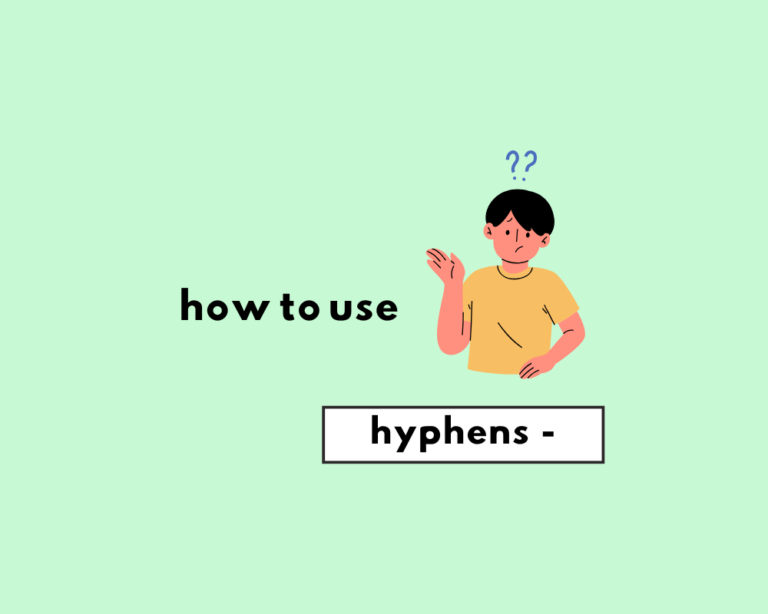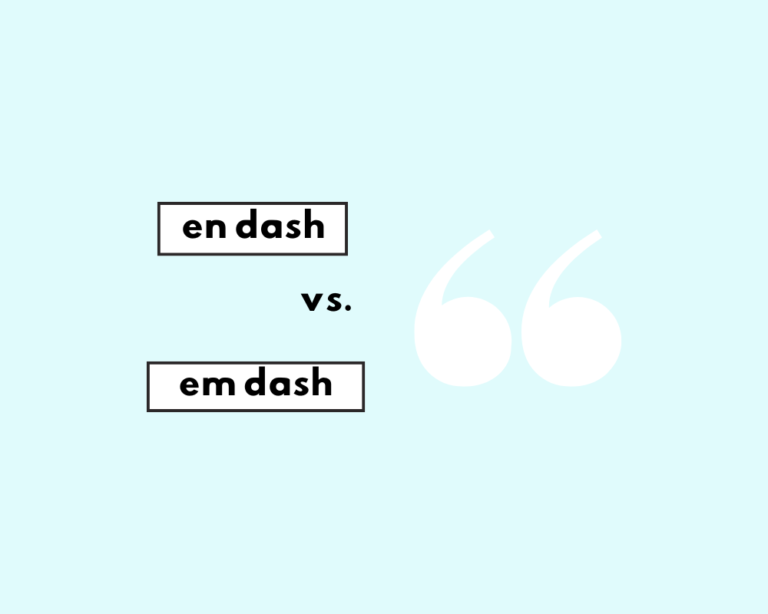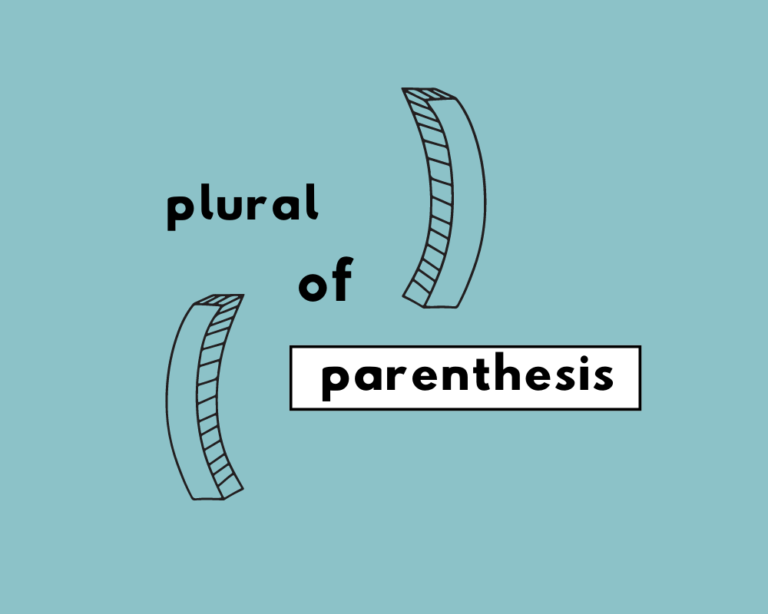If you thought Latin was a language of the past—think again! Learn how to use e.g. in writing, understand its meaning, and more.
Contents
Toggle
What does e.g. mean?
The abbreviation e.g. means “for example,” and offers a short and easy way to write ‘for example’. This makes it clear to the reader that an example is being provided in the following sentences.
E.g. stands for the Latin words exempli gratia, which translates to “for the sake of example”.
When to use e.g. in writing?
Hopefully it goes without being explicitly stated that we write (or say the words) “for example” whenever we’re about to introduce an example; (this makes it clear to the reader that the following information is an example).
Likewise, you would use e.g. in writing the same as you would “for example” in English: to introduce an example, or a few examples. See a couple examples of the exempli gratia, in action:
Should that happen to poor, as-yet unaffected places (e.g., most of South Asia and Africa) the suffering can be great.—“WHO rejects calls to move Olympics over Zika fears”
There’s a common view that Malcolm Turnbull’s ‘30-minute city’ is yet another slight variation on the many terms we already have for a more sustainable urban form e.g., a compact city, walkable city, smart growth, new urbanism, urban consolidation.—“Is Turnbull’s ’30-minute city’ a serious election issue?”
What’s the difference between e.g. and i.e.?
I.e. stands for the Latin words id est. This translates to “in other words” or “that is to say”: “That is (to say)” in the sense of “that means” and “which means”, or “in other words”, “namely”, or sometimes “in this case”, depending on the context. (Wikipedia)
A trick to remember the difference!
Here’s a quick trick to remember the difference in meaning between e.g. and i.e.:
E.g. = Example
I.e. = In essence
In other words, for e.g. think capital ‘E’ for example. For i.e., think ‘in essence’; which works as a synonym for ‘in other words,’ or ‘that is to say.’
How to write e.g. and i.e.
Are e.g. and i.e. written in capital letters or lowercase? Do they use commas or italics? And what about periods? Let’s address these questions in turn:
Lowercase or not?
When writing either abbreviation, i.e., or e.g., they should be in lowercase letters. Use lowercase letters when writing i.e. or e.g.
Italics or not?
Abbreviations do not need to be italicized. If you are spelling out the entire Latin phrase, then it should be stylized in italics. So, unless you are writing out the Latin words (which would no longer be the abbreviated form), we do not recommend writing them in italics.
Periods or not?
We use periods to indicate that the term is an abbreviation, so use periods after each letter: i.e. and e.g.
Commas or not?
Most American style guides recommend including a comma after i.e. or e.g. British style does not. If you’re American, include a comma after i.e. or e.g. in writing. Otherwise, it’s okay to omit the periods.
How to use e.g. in sentences and text
Take a look at the following sentences that show the correct way to use e.g.:
1. Let’s look at some important dates in American history—e.g., July 4, 1776.
2. I collect the works of many poets (e.g., Dickinson, Frost, Angelou).
3. If you’re worried about a house full of dog hair, remember there are many non-shedding breeds—e.g., silky terriers, Basenjis, and Lhasa apsos.
4. I’ve got no food restrictions, but some things I’d sooner not eat, e.g., oysters.
5. The most applauded moments were her soliloquies—e.g., at the end of Scene 1.
How to use i.e. in sentences and text
Take a look at the following sentences that show the correct way to use i.e.:
1. Our son’s adorable pound puppy is my favorite breed —i.e., a mutt!
2. The critics called the performance “scintillating” and “dazzling”—i.e., they loved it.
3. There’s only one way I don’t like my potatoes prepared, i.e., boiled.
4. They spent their last day at camp enjoying their two favorite activities, i.e., swimming and zip-lining.
5. Our writers do a lot of research to avoid anachronisms—i.e., those errors that confuse the times of our stories with later times in history.
In review: how to use e.g.
E.g. stands for the Latin words exempli gratia, which directly translates to “for the sake of an example.” E.g. is used in writing and text to introduce an example, or few examples in a list.
The e.g. abbreviation is completely different from i.e., which is also Latin and stands for id est. I.e. means “in other words” or “that is to say”, and is included in writing when the following information is meant to elaborate or clarify whatever was previously mentioned.
Keep learning!
Sources
- Etymology of e.g
- Sentence examples of e.g.
- I.e.
- Wikipedia on i.e.
- “WHO rejects calls to move Olympics over Zika fears”
- Sentence examples of i.e. and e.g.










